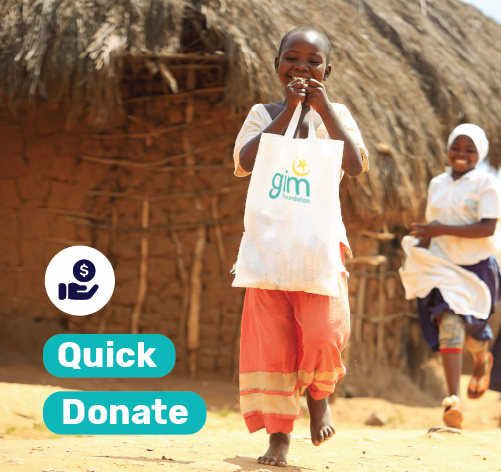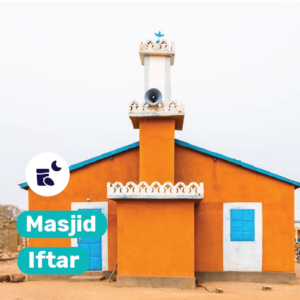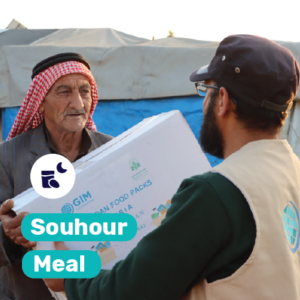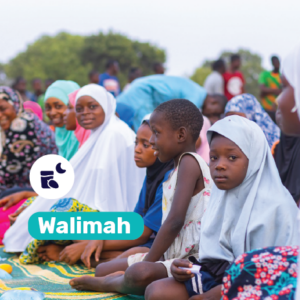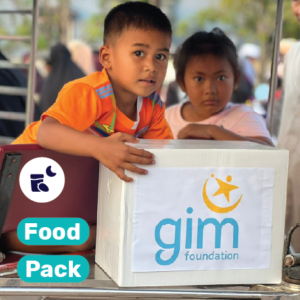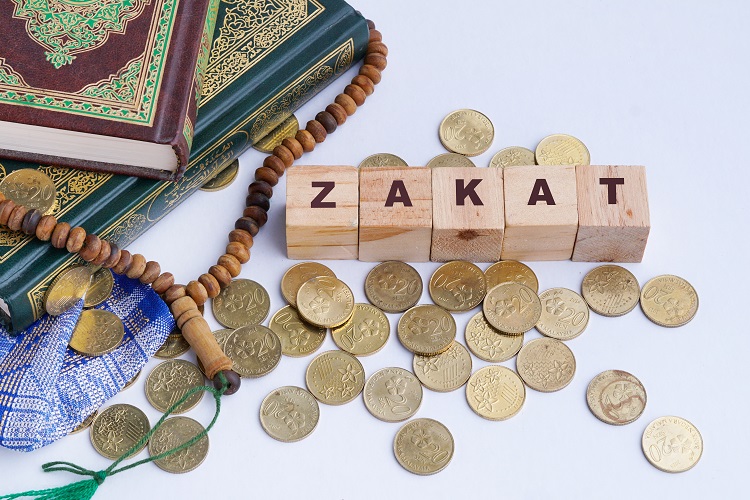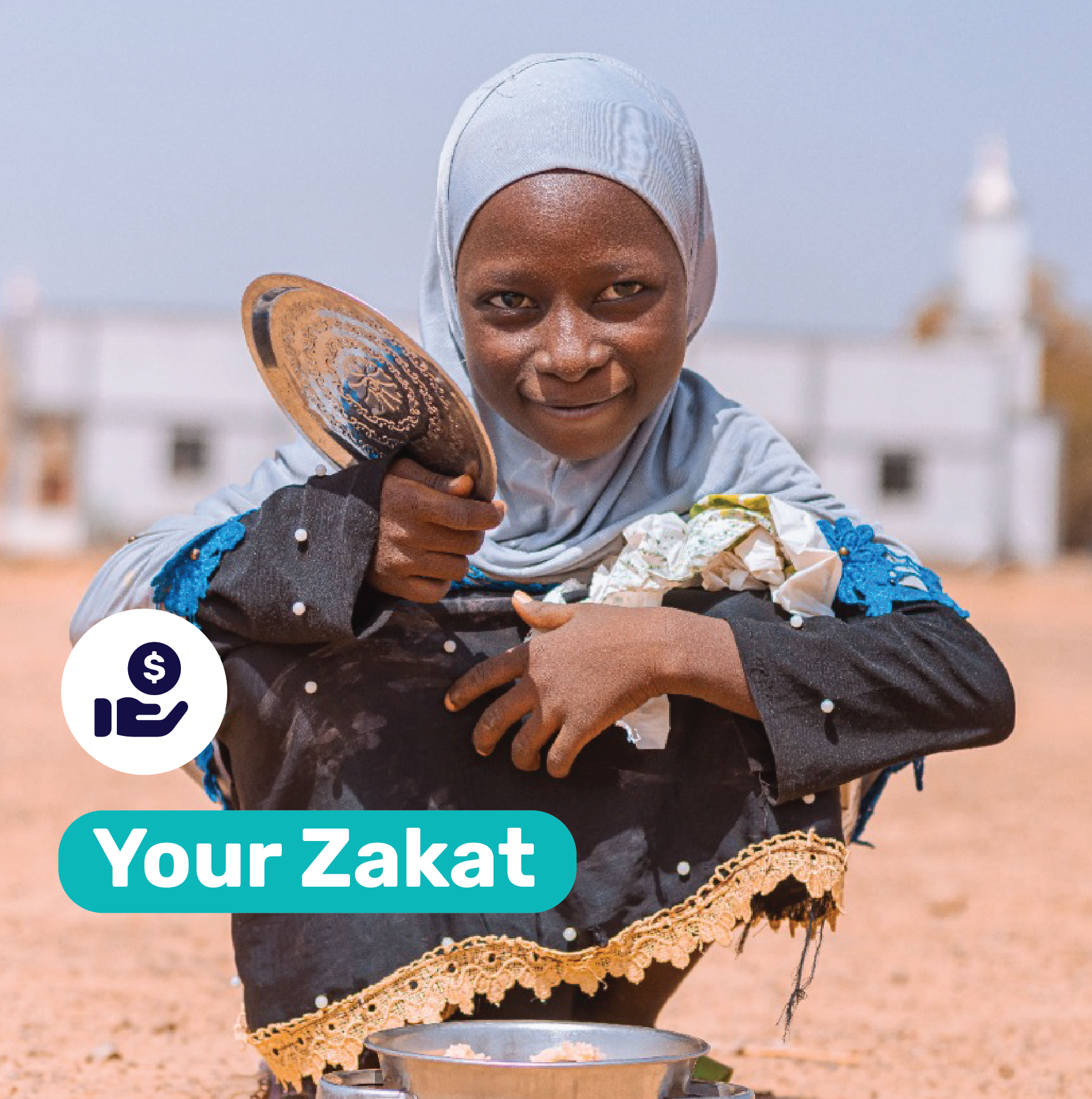With GIM Foundation, your generous Zakat donation could mean shelter and protection for a family fleeing war, nutritious food for children battling hunger, access to health care for a sick mother or father, education for vulnerable children, or clean water for an entire community. Empower your Zakat and their future today.

Quick Donate
Quick Donate
$0.00
Related products

Quick Donate
Quick Donate
$0.00
Related products

Resources Centre
Zakat Calculator
Use our handy Zakat calculator to figure out exactly how much Zakat you owe this year.
FAQ
Discover answers to commonly asked questions with our FAQ guide for general and Zakat related questions
Islamic Hijiri Calendar
Globally, Muslims use the Islamic or Hijri calendar to work out key religious events and dates.
Zakat Al Mal Calculator

Use our handy Zakat calculator to figure out exactly how much Zakat you owe this year. By donating your Zakat, you’ll be fulfilling this beautiful pillar of Islam, purifying your wealth, helping those in need and reaping abundant rewards insha’Allah!
Zakat Calculator
$0.00 — available on subscription
Related products
Your Zakat
$0.00 — available on subscription
Related products
General FAQ
Have a question? View the information below
At every step, and with every donation, we are focused on helping vulnerable children, their families and communities break the cycle of poverty. We work with the teams in our field offices and partners on the ground to help ensure that every cent is going where it is needed most – as they know the needs and the communities best. You can view our Appeals page to see the specific projects and countries we are raising money for right now if you wish to make a more targeted donation, otherwise, your donation will be gratefully received and wisely used where it will make the most impact. We regularly share stories about how your donation is changing lives for good – through our website, social media, and WhatsApp so follow us to watch your donation in action!
As part of our registration with the ACNC, each year we submit annual financial reports to demonstrate how your donation is being spent – you can see these reports here on the ACNC website.
Our ‘home base’ is here in Sydney, but we have field offices in Burkina Faso, Togo and Ghana, and work with on-the-ground partners where there is need. We are also expanding our reach to places like Syria, Yemen, Lebanon and Palestine as we grow – and it’s all thanks to you, our wonderful supporters.
We are driven by our Islamic values: compassion, equality, dignity, collaboration, and integrity. This means that anyone who needs our help will get it, regardless of who they are, where they’re from or what religion they belong to. Our faith is the reason we do what we do, but we do not discriminate, instead, we believe it is our obligation and community responsibility to collectively prioritise the welfare of every orphan and vulnerable child.
Yes. We’re registered as a member of the Australian Charities and Not-for-Profits Commission (ACNC) and fully adhere to their standards.
Any donation you make over $2 is also tax-deductible as we have endorsement by the Australian Taxation Office as a Deductible Gift Recipient.
We are also currently working towards our Australian Council for International Development (ACFID) membership to help strengthen our collective impact against poverty.
Absolutely! As a volunteer there are many ways you can get involved – you can find out more here. If you are passionate about the communities we work in and the impact we are making, we would love to have you on board.
While we do respond to emergencies, our core work is focused on sustainable development: helping children, their families and communities break the cycle of poverty. We seek to create long-term, sustainable impact, strengthening communities through locally-led projects and partnerships that provide food security, water, education, health, orphan care and more. You can find out more about what we do here on our website.
GIM stands for Global Islamic Mission. Our Islamic faith is the reason we exist, and our mission to overcome poverty and injustice for vulnerable children everywhere is what drives us to do what we do!
You can stay informed about how your donations are impacting disadvantaged communities through following our social medias
Zakat FAQ
Have a question about your Zakat al mal? View the information below
As one of the five pillars of Islam, Zakat should be paid by every adult Muslim who owns wealth equivalent to or above the Nisab threshold. This includes valuables such as jewellery and ornaments as well as cash, investments and real estate.
Once a person reaches the minimum threshold (Nisab) and possesses wealth for a complete lunar year (hawl), Zakat is payable immediately. While many Muslims prefer to pay their Zakat during Ramadan due to increased rewards and blessings, Zakat can be paid at any time of the year as long as the person has been in possession of excess wealth for one lunar year.
Once a person reaches the minimum threshold (Nisab) and possesses wealth for a complete lunar year (hawl), Zakat is payable immediately. While many Muslims prefer to pay their Zakat during Ramadan due to increased rewards and blessings, Zakat can be paid at any time of the year as long as the person has been in possession of excess wealth for one lunar year.
Nisab is the minimum amount of wealth – after calculating personal expenses – that a Muslim should have before they become eligible to pay Zakat. This is often referred to as the Nisab threshold. The Nisab threshold is calculated according to the value of gold or silver and is usually determined by religious organisations or institutes. The Nisab is the value of 85 grams of gold or 609 grams of silver.
Islamic Hijiri Calendar
Globally, Muslims use the Islamic or Hijri calendar to work out key religious events and dates. The Hijri calendar is based on the lunar calendar which consists of 12 months – a new month begins when a new moon is sighted.
Key Islamic Dates 2024
Islamic New Year 07/07/2024
|
April 2024
Ramadhan 1445
|
||||||
|---|---|---|---|---|---|---|
| Mon | Tue | Wed | Thu | Fri | Sat | Sun |
|
1
21
|
2
22
|
3
23
|
4
24
|
5
25
|
6
26
|
7
27
|
|
8
28
|
9
29
|
10
30
|
11
Shawaal 1
|
12
2
|
13
3
|
14
4
|
|
15
5
|
16
6
|
17
7
|
18
8
|
19
9
|
20
10
|
21
11
|
|
22
12
|
23
13
|
24
14
|
25
15
|
26
16
|
27
17
|
28
18
|
|
29
19
|
30
20
|
1
21
|
2
22
|
3
23
|
4
24
|
5
25
|

